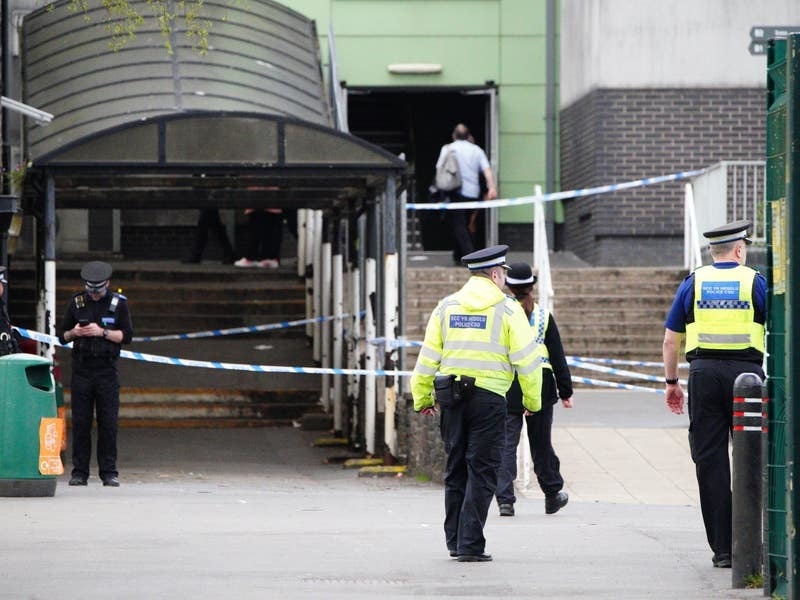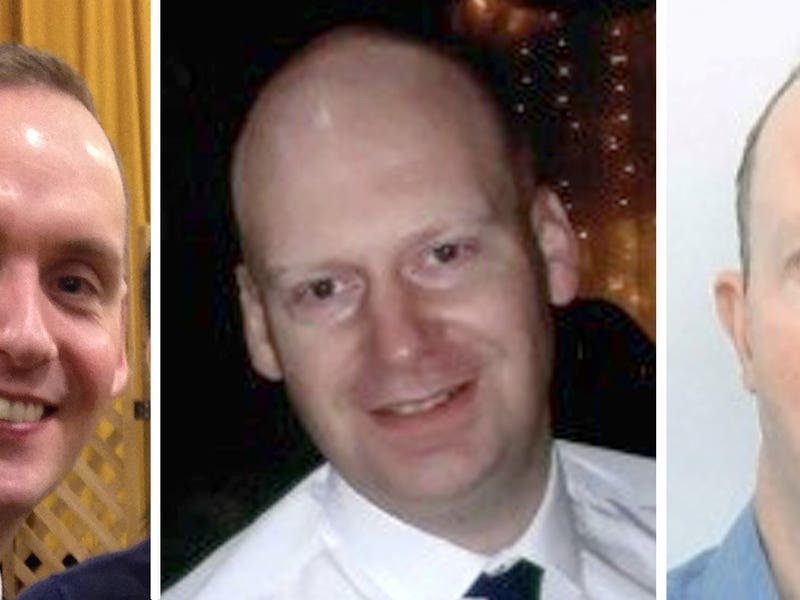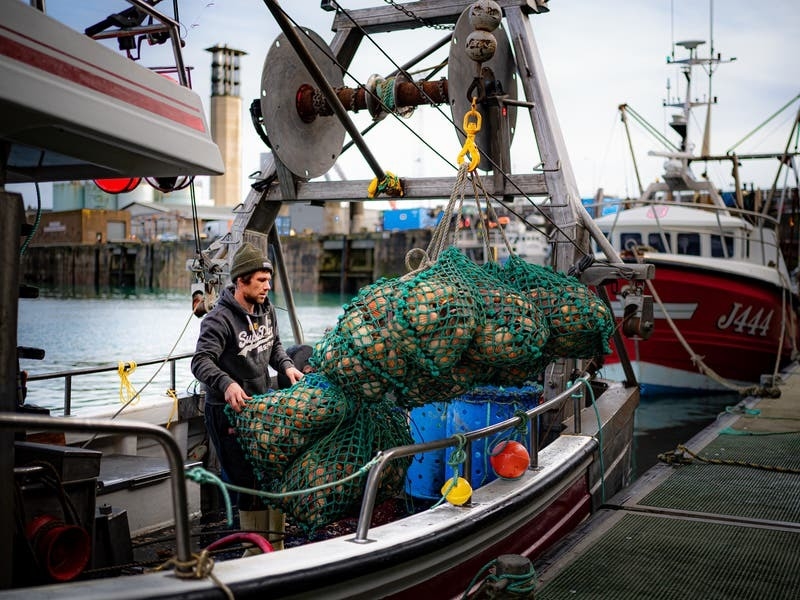About a fifth of domestic-violence victims in Jersey are from minority ethnic groups, new figures show, but the States police fear that reporting of offences, particularly in Polish and Portuguese communities, remains very low.
Language barriers, a lack of trust in professional agencies and victims not recognising they are victims because of past attitudes to domestic violence in their home countries, are all barriers to people from Polish, Portuguese or other foreign communities coming forward, a detective has said.
Detective Constable Lidia Szejko, one of several Polish-speaking States police officers, said shame was also a big factor preventing foreigners in Jersey reporting abuse.
‘They have moved away from home for a better life and success. They don’t want that move to be seen as a failure – especially in an era of Instagram and Facebook. People want to show what a good life they’re having,’ she said.
DC Szejko attended a conference in Merseyside earlier this year about domestic homicides within Polish communities in Britain. She was asked to attend because of her vast work on the Victoria Crescent killings in Jersey in 2011. She was accompanied by Inspector Manny de Freitas and independent sexual-violence adviser Barbara Czaja.
Polish national Damien Rzeszowski killed his wife, Izabela, children Kinga (5) and Kacper (2), 56-year-old father-in-law Marek Garstka, family friend Marta de la Haye (34) and her five-year-old daughter Julia at a property on Victoria Crescent. Last year Rzeszowski was found hanged in a UK prison – years after being sentenced to 30 years for manslaughter on the grounds of diminished responsibility.
According to research, women from ethnic-minority communities appear to be at increased risk of femicide.
Following the conference, DC Szejko said there were calls for British police to have greater access to the domestic-violence history of foreign nationals. She said that in the case of alleged offenders from Poland, the police could currently only see what offences they have committed without any context or history about incidents that did not make it to court.
DC Szejko explained that in Polish communities there was still a lot of distrust among certain generations with regards to professional agencies and the police.
‘They don’t trust police and they think Social Services are going to take their kids away,’ she said. ‘Sometimes we have Polish people in custody here and they are amazed at how good it is, that they’re not being hit.’
Figures show that between 2016 and 2018 there were 1,073 reported victims of domestic abuse in the Island. Of those, 215 were born in Poland, Portugal or other European states.
According to the 2011 Census, 11% of the Island’s population was Polish or Portuguese.
DC Szejko said attitudes to domestic violence were different among older or more conservative Polish people.
‘Traditionally men in Poland are the bread-winners. But women here can have more freedom or better jobs. And Polish men don’t like to talk about their emotions. Lots of men don’t, but especially Polish. Drinking and vodka is a big part of Polish communities and for some that is the answer to their problems.’
Among the States police’s 190 officers are fluent speakers of Portuguese, Polish, Romanian and Hungarian.






